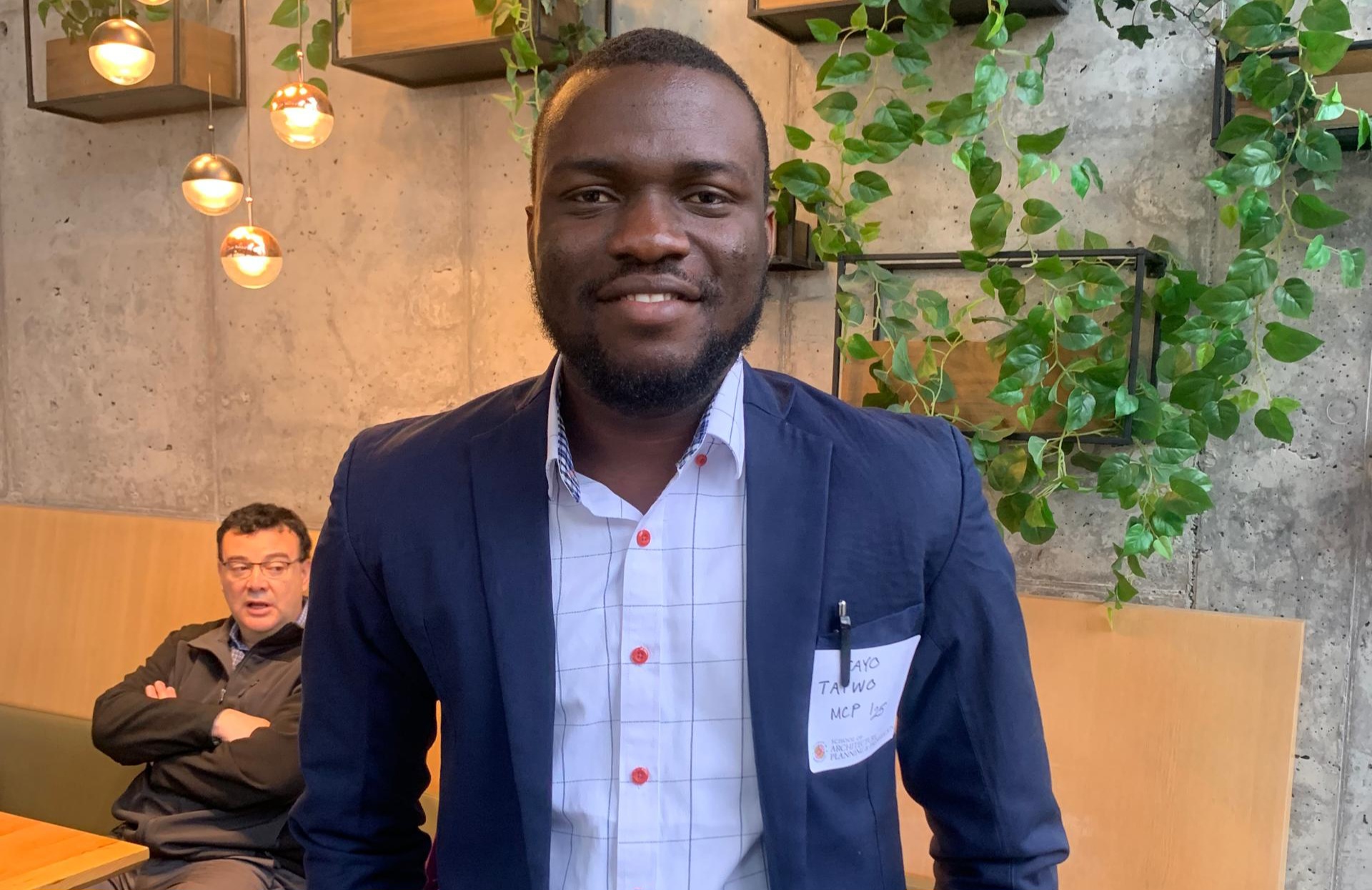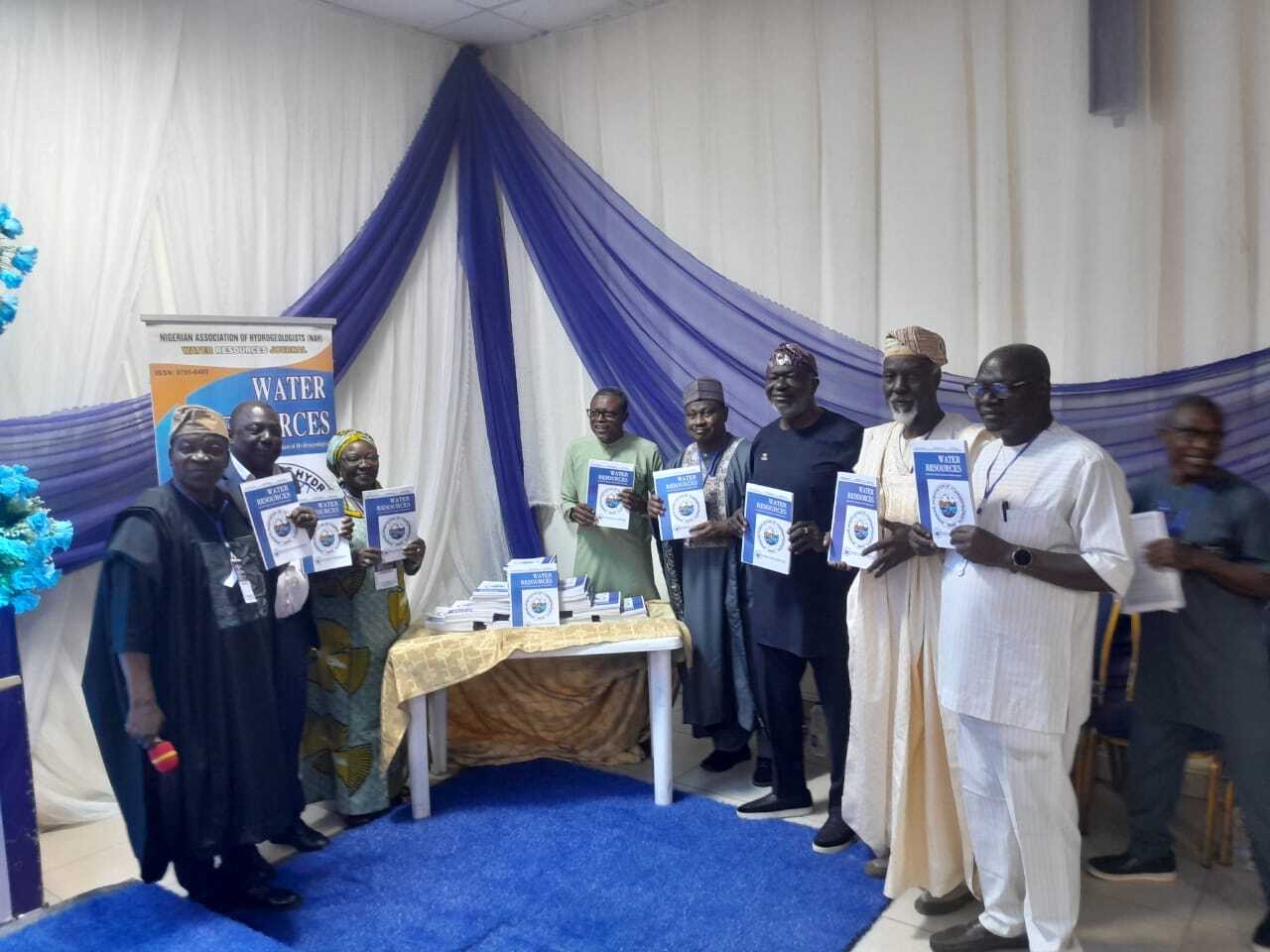 In a country where traffic congestion, air pollution, and public health crises are escalating, the spotlight is turning toward a revolutionary concept in urban mobility: active transportation. Experts are calling for Nigeria to invest in walking, cycling, and other forms of non-motorized transport, not just as a temporary solution, but as the future of urban movement.
In a country where traffic congestion, air pollution, and public health crises are escalating, the spotlight is turning toward a revolutionary concept in urban mobility: active transportation. Experts are calling for Nigeria to invest in walking, cycling, and other forms of non-motorized transport, not just as a temporary solution, but as the future of urban movement.
The shift towards active transportation is attracting attention not only locally, but also internationally.
This was evident when the Federal Road Safety Corps (FRSC) Corps Marshal, Malam Shehu Mohammed, advocated for the widespread adoption of bicycles at the June 2024 United Nations World Bicycle Day Flag Off Ceremony. Mohammed emphasized, “Without a doubt, no mode of transport promotes the culture of serenity, orderliness, friendly neighborhoods, and urban peace like the bicycle,” prompting a national conversation.
One of the biggest misconceptions in this conversation is the belief that cycling is “poor man’s transport.” This outdated notion is holding Nigeria back from realizing the full potential of active transportation, according to urban mobility expert Tayo Taiwo. “Biking should not be seen as a poor man’s way of getting around,” Taiwo argues. “Across the world, cycling is embraced by everyone—from CEOs to students—because it’s efficient, sustainable, and healthy. This is not about income; it’s about making smarter choices for our future.”
Tayo Taiwo, who has gained extensive experience working with Toole Design Group, a leading firm specializing in active transportation solutions in the United States, draws on global best practices to emphasize the benefits that cycling and pedestrian infrastructure can bring to Nigeria. “My time at Toole Design Group gave me the opportunity to see how well-planned cities prioritize safety, accessibility, and sustainability for all their residents,” Taiwo explains. He believes that Nigeria has the potential to adopt similar strategies to make cycling a viable, modern transportation option for all.
The economic and social benefits of cycling are undeniable. In cities plagued by endless traffic jams, investing in cycling infrastructure can cut transportation costs, reduce reliance on fossil fuels, and lower pollution levels. Tayo explains, “Active transportation isn’t just about reducing traffic—it’s about transforming how we think about mobility and the future of our cities. When we invest in walking and cycling, we’re investing in healthier, more connected communities.”
The push for active transportation is crucial as Nigeria’s population grows, leading to an increased demand for innovative solutions to urban mobility challenges. Taiwo highlights that cities worldwide, from Copenhagen to New York, have successfully integrated cycling into their transportation systems. Taiwo emphasizes, “We can no longer afford to see bicycles as a secondary option. Cycling is a modern, forward-thinking way to address the transportation and environmental challenges that Nigeria faces.”
To bring this vision to life, Nigeria requires more than just advocacy—it needs action. The creation of safe bike lanes, pedestrian-friendly streets, and public awareness campaigns is crucial to establishing cities where walking and cycling are not only feasible but also actively promoted. Tayo emphasizes that it’s not solely about constructing more roads for cars; it’s about developing cities that cater to everyone, regardless of their chosen mode of transportation.
The time to act is now. Nigeria is losing billions due to traffic congestion and facing the detrimental effects of pollution on public health. It’s crucial to recognize the significance of active transportation. Taiwo emphasizes that this isn’t just about transportation; it’s about shaping the future of our cities and improving the quality of life for our people.
Tayo Taiwo, who has worked with global leaders in active transportation, emphasized the message clearly: “Investing in active transportation is investing in a healthier, more sustainable future for Nigeria. It’s time for everyone—no matter their wealth, age, or status—to be part of this change.”






